By STEVE MASCORD
EARLIER this week, I spoke to a friend of mine who describes himself as “an idealist”. If you’ve read this column before, you’ll realise we swing wildly between being that and a lamentable cynic.
In fact, there’s not much in between those two poles here.
But the thing is, my friend has a bit to do with rugby league. He faces self-interest every single day.
As a columnist I can be an idealist, write and idealistic column and people hide their self interest from me because they don’t want to be quoted saying self-interested things in the paper.
But when you are dealing with the openly self-serving every day, what keeps you coming back for more? I know I’d just give up.
And my friend told me that he is convinced rugby league makes people better. It teaches them things that make them better students, workers and citizens.
“That’s what I’m fighting for,” he explained. That’s what keeps him coming back.
Which brings us to refereeing. On Friday night at Spotland, an Australian referee making his way in the British game, Matt Rossleigh, found himself in a very similar situation to the man he has most been compared to.
Earlier in the day, Ashley Klein was slated for giving a penalty which decided the Wests Tigers-Brisbane NRL game. The argument wasn’t so much whether the home side had, or had not, been square at marker in charging down a drop goal attempt but whether others had got away with it earlier.
Similarly, Rossleigh decided the Rochdale-Toronto game with a penalty for an offside chaser forcing the Wolfpack’s Ryan Brierley to pass when he was lining up a one-pointer with the game on the line.
Both cases take me back to my friend’s statement about rugby league making people better.
Saying that someone should not be punished because others have got away with similar crimes is not the mark of a “better” person.
Is this a lesson you want to teach your kids?
Obfuscating when an infraction has clearly been and refusing to acknowledge authority? These are not the hallmarks of self-improvement.
It strikes me that of all the lessons we learn from rugby league – if it does make us better people – that most of the good ones come from referees.
We watch sport to stoke our emotions, perhaps in lieu of hunting woolly mammoths, but let’s not forget where it actually does tangible good beyond something to Tweet about.
That’s in parks on Saturday mornings. And if we go overboard in our abuse of match officials, there’ll be no-one there to do what my friend – quite reasonably – believes is rugby league’s most important work.

